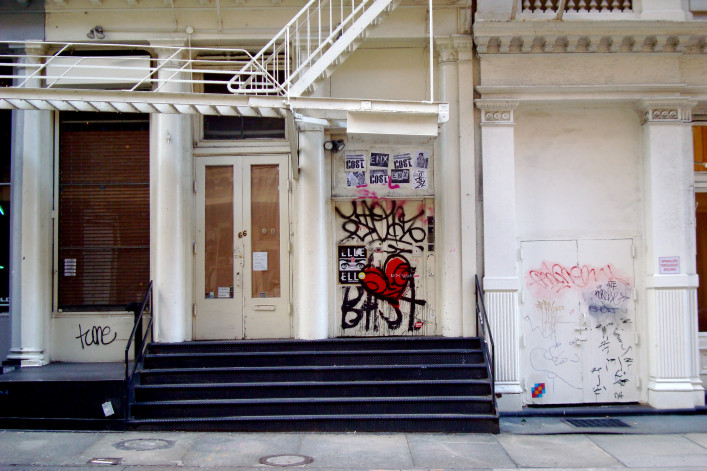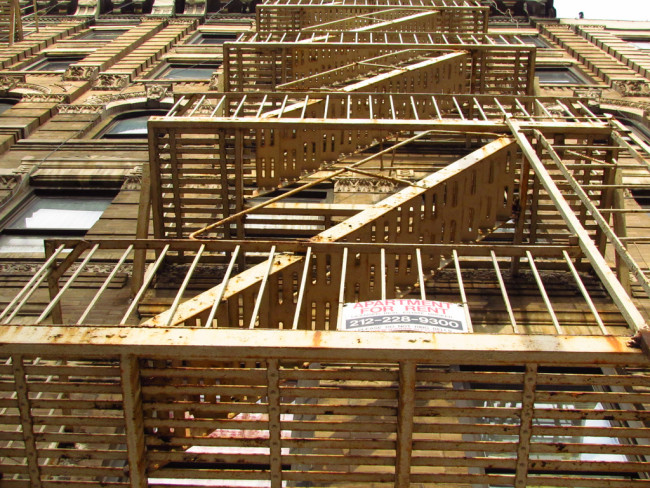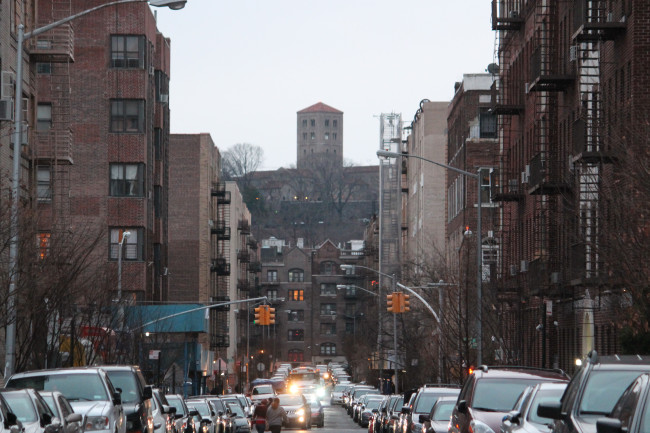10 years after the recession, renters are still in a vicious cycle—unable to buy, and stuck with sky-high rents
A decade after the start of the Great Recession, the country's housing market seems to be recovering—but not for everyone, City Lab reports. Although there are several encouraging indicators—housing demand and home prices are up, and fewer homeowners are defaulting on their mortgage payments—renters across the country continue to struggle.
The Joint Center for Housing Studies at Harvard University has published a report, "The State of the Nation's Housing," that reveals that the growth in the number of American renters is outpacing that of American homeowners. 43.3 million households now rent, an increase of 600,000 from last year, the largest amount in decades. CityLab notes that more people have no choice but to rent, as only 39 percent of renters across the country can afford to buy a home in the towns and cities where they live.
And for those who can't afford to buy, renting doesn't exactly provide financial relief. An increase in demand for rentals, fueled in part by the recession, hasn't been met with an attendant increase in the supply of affordable units. The report found that while there has been growth in the construction of multi-family homes, the majority of those were high-end ones, out of reach to the average American renting household, which earns only $37,900 per year. No surprise, then, that the number of severely rent-burdened households (those that devote more than half their income to paying rent) is up to 11 million.
The report's authors go on explain that insufficient supply has led to rising rents: "Indeed, bolstered by new high-end construction and rising rents for existing apartments, the number of units renting for $2,000 per month or more increased 97 percent in real terms between 2005 and 2015. At the same time, the supply of units renting for less than $800 declined by 2 percent, with most of the loss occurring at the lowest rent levels."
This applies to metro areas throughout the U.S., but in cities like NYC, the plight of low-income renters is especially serious: New York would need to build an additional 500,000 affordable units in order to accommodate the people who need them.
Paul Kealey, Chief Operating Officer of the National Low Income Housing Coalition, told us previously that the enormous gap between the people who need affordable housing and the units available has ramifications way beyond a decline in homeownership. "Of those households that are spending more than half their incomes on their housing, about a half million of those people end up homeless," he says. "On any given night, 500,000 people are homeless in the United States."
In New York, the number of homeless people is at the highest it has been since the Great Depression, and with summer looming, the New York Times reports, city agencies are concerned about a jump in the number of families in shelters. (Parents often try to hold off moving their children into shelters until the end of the school year, even when their housing situation is becoming untenable, the story explains.)
So how to solve the growing affordability crisis in NYC and nationwide? The report's authors emphasize the importance of regulating the development of new housing in order to boost the supply of affordable units, as well as of investing in the construction and preservation of housing that is permanently affordable.
The latter is something that Mayor Bill de Blasio has promised to do, through a plan to create or preserve 200,000 affordable units--but, as Crain's points out, critics say that the plan is already favoring the middle-class and private developers, rather than the poorest New Yorkers most in need of housing.
And, as the Harvard report observes, with the Millennial generation embarking on homeownership or renting for the first time, demand for homes across the United States at all income levels is only going to continue to soar.
You Might Also Like































